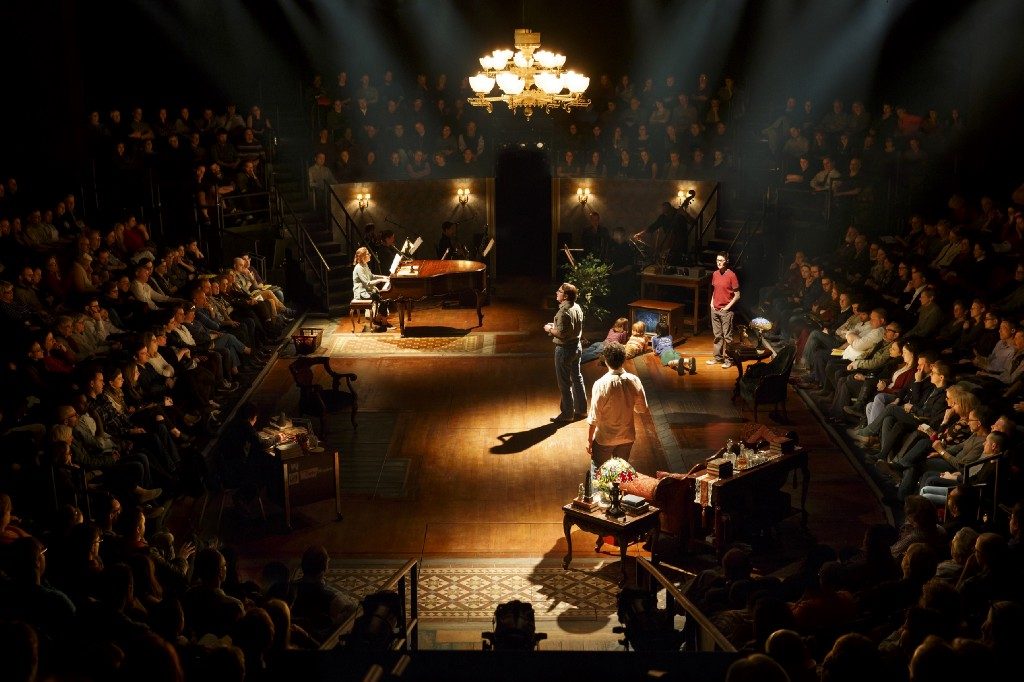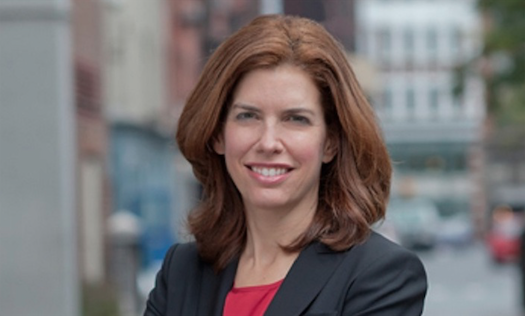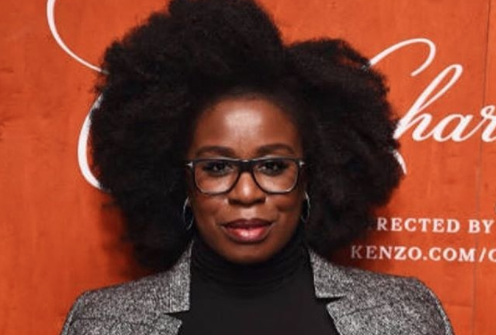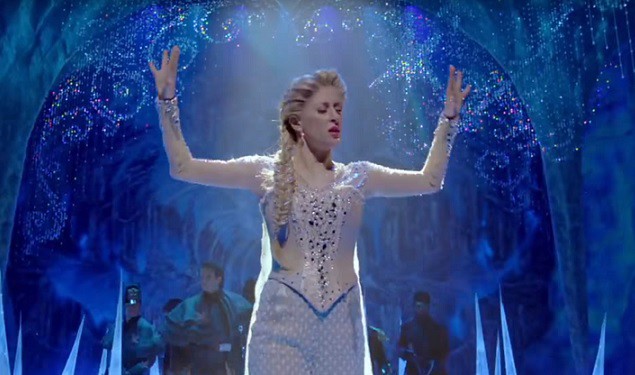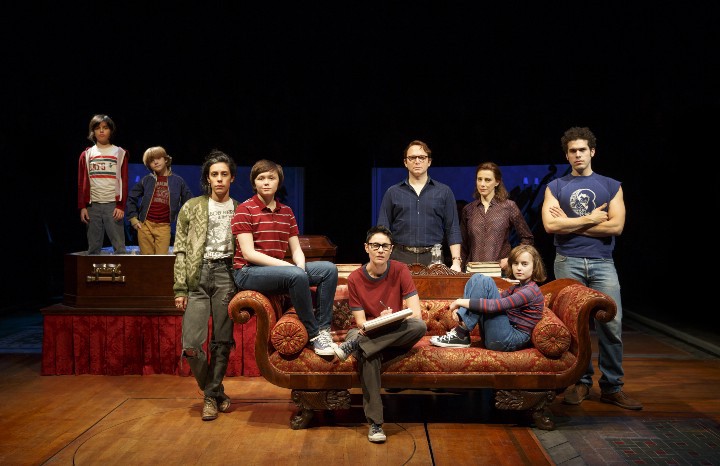
Many will feel the loss when “Fun Home,” 2015’s Tony Award winner for Best Musical, closes on Saturday. I know I will. For roughly 17 months, since the show opened in April of 2015, Broadway felt different — more progressive, more open to women writers and their stories, as if anything were possible on this historically male-dominated “Great White Way.” The musical, based on Alison Bechdel’s graphic novel memoir about her coming out in college just months before her closeted gay father committed suicide, was the first show on Broadway to have a lesbian protagonist. It was also the first all-female writing team, Lisa Kron and Jeanine Tesori, to win the Tony Award for Best Score, as well as Best Musical.
By every measure of Broadway success, “Fun Home” was a hit. It was critically acclaimed, receiving nearly unanimous raves. It won the 2015 Tony Award for Best Musical and was a finalist for the Pulitzer Prize in drama. It sold out houses and recouped eight months into its run, enjoying healthy sales until recently, when its weekly grosses dropped to just over $300,000. When it closes on September 10th it will have played a respectable 582 performances and 26 previews. The national tour will begin in Cleveland in October, and the first foreign production in the Philippines, starring Tony-winner Lea Salonga as Helen Bechdel, Alison’s mother, has been announced for next year.
But while “Fun Home” is out on the road, little is on the horizon to fill its void on Broadway. Out of 17 productions opening this fall, only one musical has women writers, “In Transit.” Two musicals opened last season with female writers — “Bright Star,” which recently closed, and “Waitress,” which has an all-female creative team and is playing to 92% capacity.
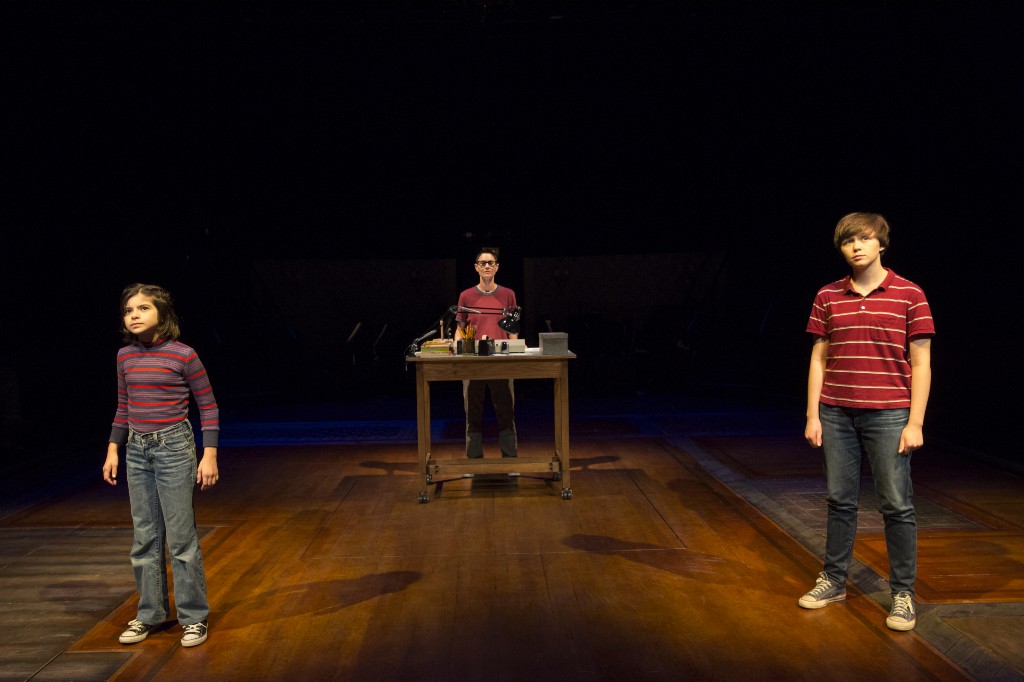
“Fun Home” plays with time. Three actors play Alison at different ages as memory brings different periods of Alison’s life forward and backward throughout the show. Now that “Fun Home” is moving from Broadway out into the world, how will “Fun Home” itself move through time? What will be its legacy?
Foremost, “Fun Home” proved that musicals can tell complex stories about women not often represented in our culture and that those musicals can be written by women and be successful on Broadway, a risk-averse place where audiences are assumed to gravitate toward the mainstream. “Fun Home” may be a small chamber musical, but the implications of this are huge.
But it’s not just what “Fun Home” means on a larger scale that makes it revolutionary, it’s also in how the writers used the musical form to tell this story. The score includes stunning moments such as “Changing my Major,” which Medium Alison sings after her having sex with her first girlfriend, and “Telephone Wire,” Alison’s recollection of her last moments with her father. Small Alison sings “Ring of Keys,” (which Tony-nominee Sydney Lucas sang in a tour-de-force performance on the 2015 Tony Awards), a profound moment of recognition and the stirrings of a lesbian identity, when she sees an “old-school butch” delivery woman in a diner. That this moment was experienced through the emotions of a child only made it more remarkable.
“Fun Home” also asks audiences of all genders and sexual orientations to identify with a lesbian protagonist, and both men and women, gay and straight, have gone with Alison on her journey. Brandon Michael Lowden, a 29-year-old writer, saw “Fun Home” on Broadway after hearing his friends gush about its off-Broadway run at The Public Theater in 2013. “I had almost nothing in common with those characters on the surface,” he said in an email, “but the piece led me to identify with their emotional states very deeply.”
The “Ring of Keys” moment, which Tesori said in her Tony Award acceptance speech is “not a song of love, it is a song of identification” has affected many people who recognize that moment within themselves. “The writing above all was fantastic,” Lowden said. “‘Ring of Keys’ in particular… absolutely devastated me. Something about the idea of recognition, of self-understanding, resonated in a way I can’t quite explain.”
These moments in the show are so rich that, for some audience members, they have made repeat viewing necessary. Rachel Kunstadt, a 26-year-old musical theater writer, playwright, and producer, saw the show multiple times during its early gestation at The Public Lab, the off-Broadway run, and on Broadway. “Every time I see it, I notice something new and relate to it on a different level,” she said in an email. “Sometimes it’s finding my ‘Ring of Keys’ moment; sometimes it’s examining my relationship with my mother and father. Whatever I’m going through in my life, I see it in ‘Fun Home.’”
She also noted the significance of “Fun Home” for the queer community: “Seeing ‘Fun Home’ on Broadway means a lot of things to me, one large part being representation. Queer women are being represented in mainstream, commercial musical theater. Female musical theater writers are being represented. They’re winning Tony Awards.”
The “Fun Home” producers waited a year to transfer the off-Broadway hit to Broadway, making sure it would land in the right theater and have time to build momentum through word of mouth and its off-Broadway cast album. The risk paid off, and critics praised the new in-the-round staging at Circle in the Square Theatre. Audiences felt more connected to the characters and drawn more deeply into the story than they had with the proscenium stage it had for its off-Broadway production.
“[The in-the-round staging] made a huge difference to feel like we were all in that house together — the actors, musicians, audience,” said composer/lyricist Daniel Maté. Maté is now based in Vancouver, BC, but has still seen the show three times, including twice on Broadway. “First time was with my brother, the second with my mother; each time watching the show together felt like an important kind of medicine somehow, one that opened up new kinds of conversations with people I’ve known all my life.”
Alison sings in the song “Maps,” a song about how her father’s life can fit in one small circle: “I can draw a circle, his whole life fits inside.” With its move to Broadway, “Fun Home” was a show about women that was able to reach everyone. It drew a circle to fit us all inside.
Kron said in her Tony Award acceptance speech that in her recurring dream she finds many rooms in her house that she never knew existed and that “All those other rooms have always been there… wouldn’t it be so great that if after this season we didn’t all just go back into the living room.” Her speech about representation, as well as “Fun Home” itself, are a call to action for Broadway musicals as they move forward. “Fun Home” will soon be gone, and now Broadway must build upon what “Fun Home” has shown musical theater to be truly capable of achieving.
